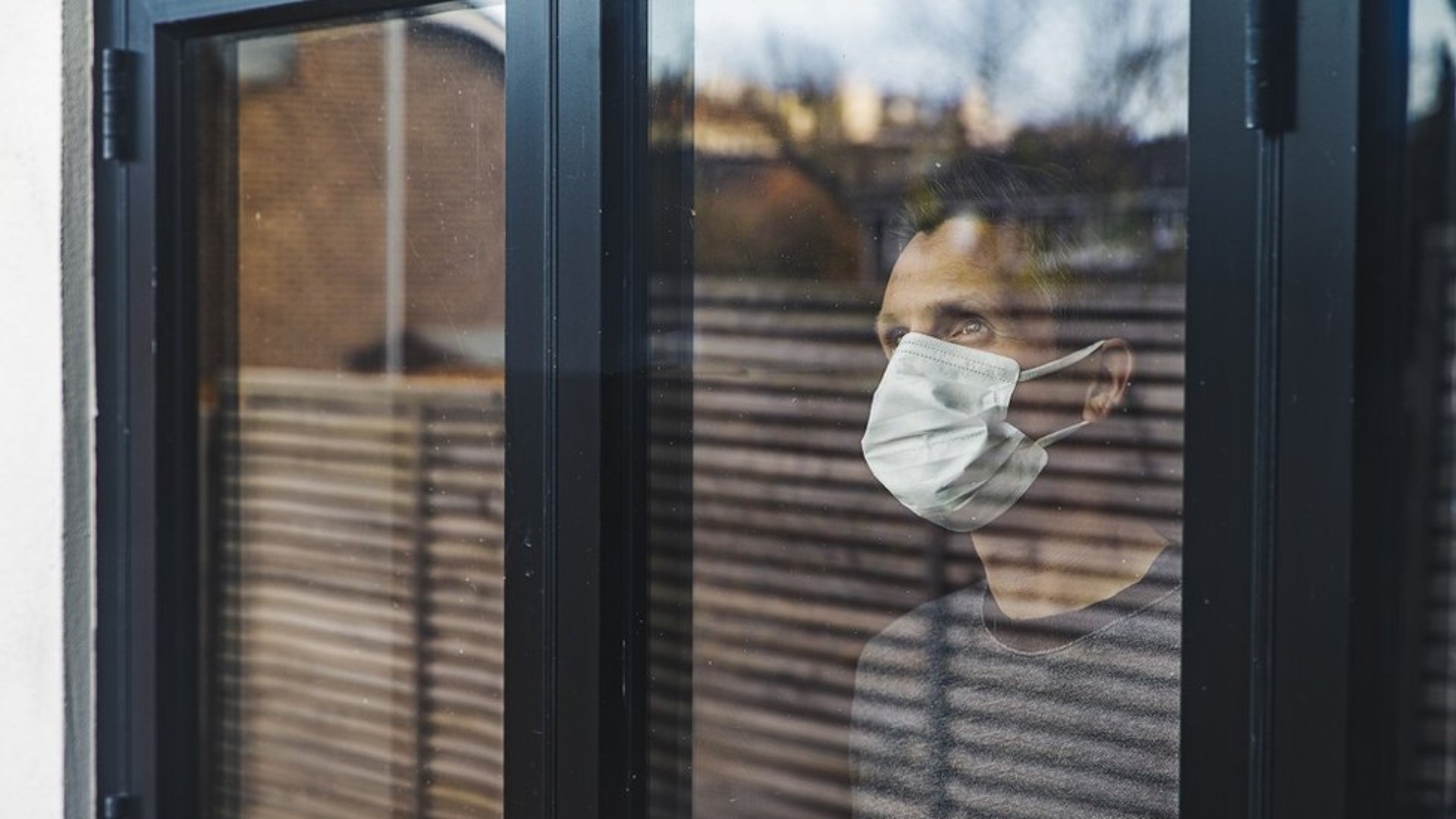Last October 6th, two metropolitan traffic guards prevented a woman from jumping off a pedestrian bridge in southern Quito; three weeks later, another agent prevented a man from jumping into the Chiche River, in Puembo, northeast of the capital. Near that parish, in Pifo, a few days later, two children were found dead from poisoning and their mother was taken to a hospital after she tried to commit suicide with chemical substances.
In these stories, tragedy could be avoided. However, there are others that did not face the same fate. According to the statistics of the ECU911, since the beginning of the pandemic last March, thru November 3rd, 220 suicides and 429 alerts for suicide attempts were reported.
Many of the reported suicides were registered in Guayaquil (34 cases). In Quito there were 13; Santo Domingo, 12; Machala, 11; Ambato, 9; and in the rest of the cantons 141.
Regarding the attempts, the highest number of alerts originated in Quito (47 cases), Cuenca (44) and Guayaquil (37).
The director of ECU911, Juan Zapata, regretted these events and explained that in many cases, a tragedy was avoided thanks to video surveillance cameras, emergency calls and the intervention of the guards.
However, the databases managed by the National Police show a more complex situation. Information provided by the National Directorate of Crimes against Life (Dinased) shows that between January 1 and October 28 of this year, there were 978 suicides nationwide.
That means Ecuador’s suicide rate rose in the pandemic to 8.67/100,000; that’s up dramatically from its 2016 rate of 7.1/100000, which ranked it at 116 out of 183 on the list of suicides by country in that year.
District General Fausto Olivo Cerda, National Director of Dinased said that of the suicides committed in the year, 90% were caused by emotional problems and domestic violence.
Of this total, emotional problems accounted for 350 cases. Domestic violence and family conflicts were involved in321 cases, and economic crises led to 106 suicides. Eight out of ten used hanging and/or the use of chemicals.
By age, the segment with the highest number of suicides was that of adults aged 30 to 65 years (413 cases). It was followed by young people from 18 to 30 years old (315), older adults over 65 years old (121), adolescents from 12 to 18 years old (111) and children up to 12 years old (18). Regarding gender, 191 suicides correspond to women and 787 to men.
Quito and Guayaquil accounted for 30% of the cases, surpassing entire provinces, such as Azuay or Manabí, among the most populated. The trend between the two cities, however, is the reverse: while there were 28 fewer cases in the capital than in the same period of 2019, ten more were reported in the port city, according to Dinased data.
Clinical psychologist Priscila Narváez highlighted the statistics of suicides of men and women (a ratio of 4 to 1), because, she maintains, it is crossed by a cultural problem.
“Men, on average, don’t communicate their emotions as much as women. Culturally, since children they are told “don’t cry, you’re a man” and that kind of thing makes serious differences,” she said.
Each segment has its own reality and it is a delicate subject to approach simplifying it, she added. “We must forget that taboo that a suicide attempt is only to attract attention, when, in reality, it is a symptom of serious problems, which requires a joint solution, from the closest beings of those who are going through this problem.”
Emotional health
Christopher, who lives in Tumbaco and asked to keep his last name confidential, said that in 2020 when he turned 27, he wanted to commit suicide. He had lost his mother, his debts got out of hand, he got divorced and had to separate from his daughter.
“In those days, while in my car, I thought about driving into the ravine or getting under a trailer, but when I was about to do it, I thought about my daughter and I was afraid. I stopped at the last minute.”
However, he never wanted to approach any health professional and has preferred to keep that experience a confidential matter.
According to suicide prevention specialists, if relatives get a sense that someone close to them is even considering the idea of taking their own life, they should contact authorities as soon as possible, so that interventions can be made, and so that the person can be put in touch with someone whom they can openly express themselves to, without out fear of stigmatization.
Educational psychologist Ana Castro says that people are prone to extreme decisions when they do not know how to handle frustration or a serious inconvenience. She pointed out, for example, that in these times of pandemic there is great pressure on children and young people, since confinement does not allow them to socialize beyond contact through the screen.
“That tires, stresses, saturates, causes eye pain … If we add the lack of physical activity, they go into depression. Although there are people with good hearts who try to intervene when they see a person who wants to jump from somewhere, the government does not have major actions or information campaigns or emotional well-being,” she added.
Emergency contacts
There are several initiatives to report and give assistance in cases of suicides or to give alerts and avoid these tragedies.
The Ministry of Health has enabled a telephone channel for psychological care through number 171, option 6.
In Guayaquil, there is a free service open during the COVID-19 emergency, run by professionals in psychology. The number for this free service is 043 72 7830 and it connects to the ECU911 of Guayaquil.
In the Municipality of Quito, you can contact the Comprehensive System for the Prevention of Addictions of Quito, at 0984831128. The Telephone Friend service is also available by calling 022 90 6030 or 022 90 6060.


0 Comments